Most people want to live in a friendly, welcoming neighbourhood, but some people end up making things harder for everyone.
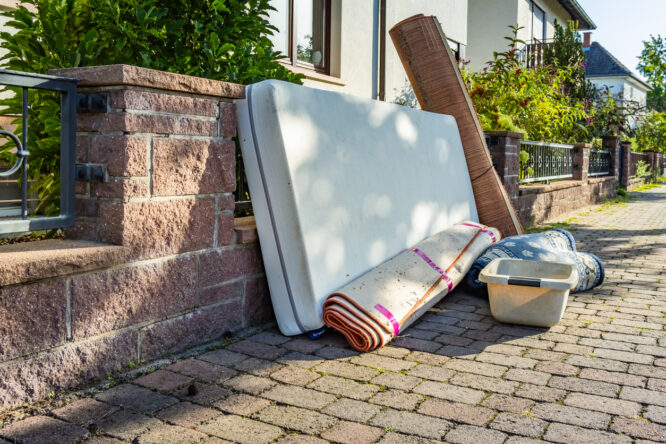
It’s not always down to big, dramatic actions, either; small habits add up. You might think you’re the type of person anyone would be happy living next to, but that might not be the case. Here are some ways you might be accidentally making your neighbourhood a worse place to live, and how to turn it around.
1. Ignoring basic upkeep on your home or yard
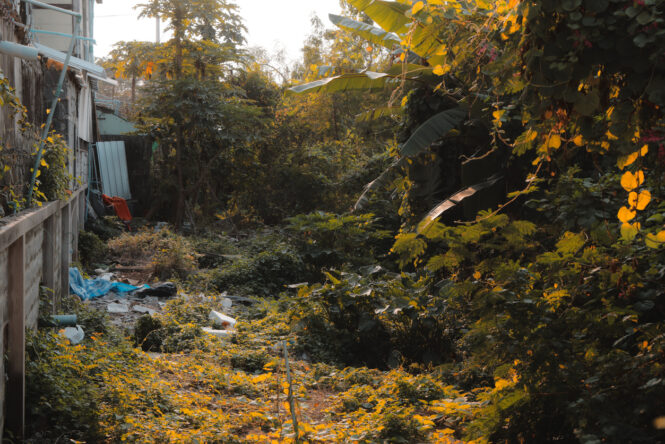
Even if you’re not fussed about appearances, a messy yard, peeling paint, or overflowing bins send a message that nobody’s paying attention, and that vibe spreads quickly. It affects how people feel about the whole street. Keeping your space tidy doesn’t have to mean expensive landscaping. Just basic maintenance shows pride in your home and respect for the people living around you.
2. Letting your dog bark endlessly

Everyone expects the occasional bark; it’s part of having dogs around. But when barking goes on for hours without a break, it turns into a real quality-of-life issue for your neighbours, even if you’ve learned to tune it out yourself. Keeping pets happy, exercised, and inside during long stretches of barking makes the whole street feel calmer. Plus, it stops those unspoken tensions from building up between you and the people next door.
3. Not picking up after your pet

Leaving behind pet waste in parks, on pavements, or even in grassy patches might feel like a small thing, but it adds up fast. Nobody wants to step in that mess, especially kids trying to play outside. Carrying bags and cleaning up after your pet is one of the simplest ways to show respect for shared spaces. It’s a small gesture that makes a big difference in how welcome and cared for a neighbourhood feels.
4. Being noisy at odd hours

Mowing your lawn at 7 a.m. on a Sunday, blasting music late at night, or setting off fireworks without warning—all of these things disrupt the peace people count on to relax in their own homes. Respecting quiet hours doesn’t mean you can’t have fun. It just means being mindful that what feels harmless to you might be the thing keeping a neighbour’s baby awake or ruining someone’s one morning to sleep in.
5. Parking selfishly or illegally
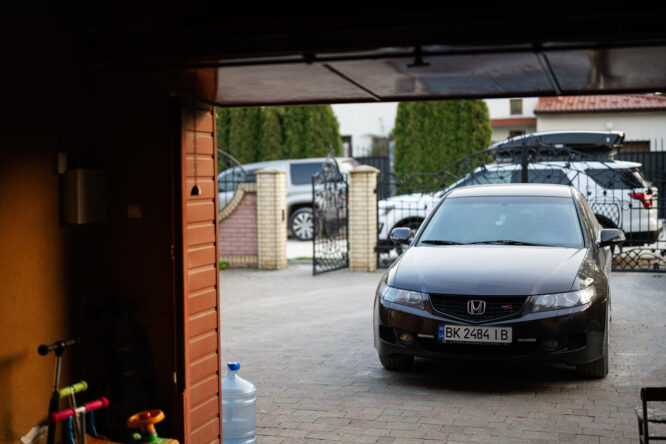
Blocking driveways, double-parking, or spreading your car out over multiple spaces creates instant friction. Even if it’s “just for a minute,” it adds stress and inconvenience for the people living nearby. Being thoughtful about where and how you park keeps things smoother for everyone. A little extra effort goes a long way in preventing unnecessary resentment on your street.
6. Leaving rubbish out at the wrong times
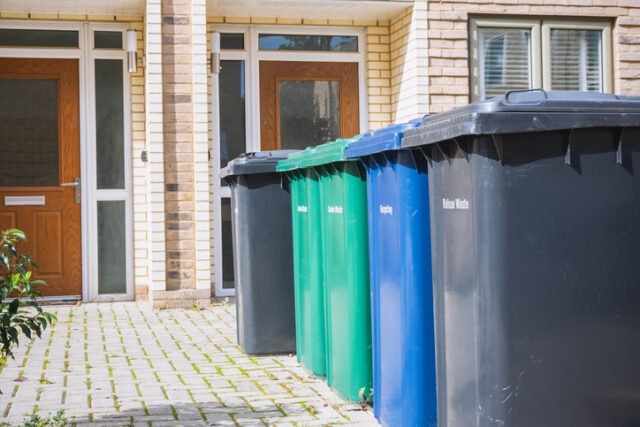
Putting bins out days early, letting rubbish pile up, or not securing recycling properly can turn your street into a mess quickly. It also attracts pests and makes the whole area feel neglected. Following local collection schedules and making sure your waste is secured properly shows you’re paying attention, and it helps keep your neighbourhood cleaner and more inviting for everyone.
7. Acting cold or unfriendly toward neighbours

You don’t have to be best friends with your neighbours, but being actively unfriendly—ignoring greetings, refusing to make eye contact, or giving off a constant “stay away” vibe—can make a street feel tense and divided. A simple nod, a wave, or a “hello” when you pass by can go a long way in making your community feel safer and warmer without costing you anything at all.
8. Ignoring local rules and guidelines
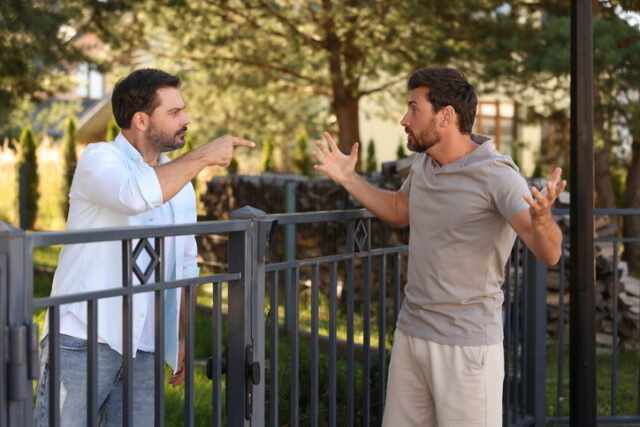
Whether it’s not cleaning up after your building projects, ignoring HOA guidelines, or sneaking around local ordinances, cutting corners impacts everyone, not just you. Following basic rules helps keep neighbourhood spaces functional, fair, and enjoyable, and prevents the kind of small frustrations that snowball into bigger disputes later on.
9. Having loud arguments outside
 Source: Unsplash
Source: Unsplash Every couple has disagreements, and life gets stressful sometimes. However, loud arguments on the front porch, driveway, or in shared spaces can make neighbours feel uncomfortable or even unsafe. Keeping private conflicts indoors when possible protects the peace of your neighbourhood or estate, and shows respect for the people who call that space home too.
10. Neglecting common areas
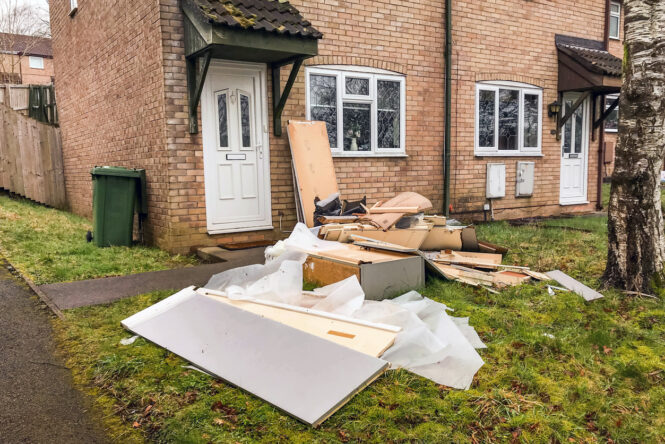
Shared spaces like lobbies, communal gardens, or pathways need everyone’s attention to stay nice. Ignoring problems, leaving rubbish, or treating these areas like someone else’s responsibility brings the whole vibe down fast. Pitching in, even with little things like picking up a stray bit of litter or reporting a broken light, shows you care about the wider community, not just your own front door.
11. Playing music loudly with windows open
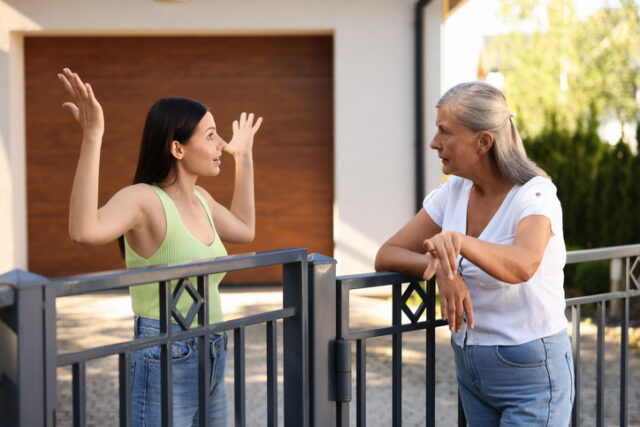
Sure, your playlist is amazing… to you. But when music blasts out into the street at full volume, it forces everyone else to listen whether they want to or not, and it kills the peaceful atmosphere a lot of people crave at home. Closing windows or keeping volume low outside of reasonable hours isn’t about being a buzzkill; it’s about giving your neighbours the chance to enjoy their own quiet, personal space too.
12. Letting your property fall into disrepair
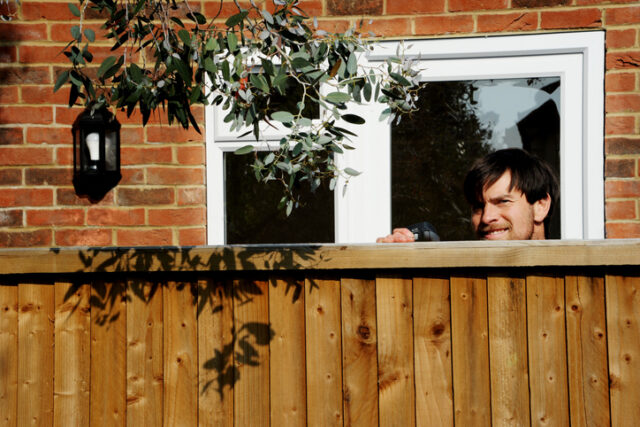
Broken fences, cracked driveways, mouldy siding — small signs of disrepair make a bigger statement than you might realise. They send a subtle message that nobody cares, and it affects how people feel about the whole street. Fixing little things before they become big ones not only protects your home’s value; it keeps the whole neighbourhood looking and feeling like a place people are proud to live in.
13. Hosting constant noisy gatherings without notice
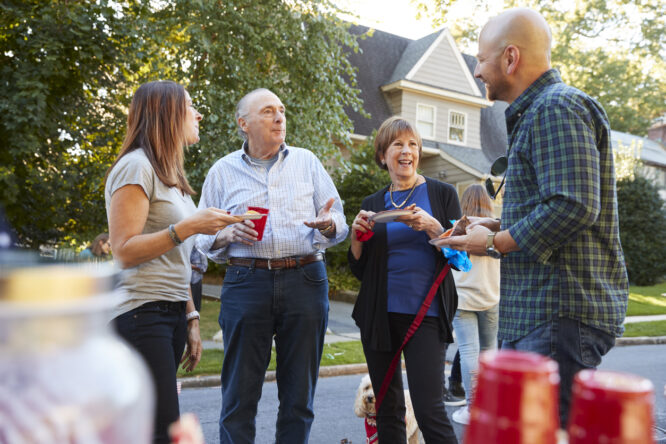
Everyone loves a good barbecue or get-together, but hosting noisy gatherings every weekend without warning can wear thin, fast. People need to know their homes are peaceful most of the time, not party central. Giving neighbours a heads-up when you’re planning something bigger is a simple courtesy that can prevent hard feelings, and it helps people make their own plans without being blindsided by the noise.
14. Acting like you’re not part of the community

It’s easy to think of home as just the four walls you live inside, but being part of a neighbourhood means you’re connected to something bigger. Ignoring community events, being passive about issues, or acting like none of it affects you weakens the spirit of the whole area. Even small participation—showing up to a clean-up day, attending a local meeting, or just saying hi at community events—strengthens the bond that makes neighbourhoods feel safe, connected, and alive.




